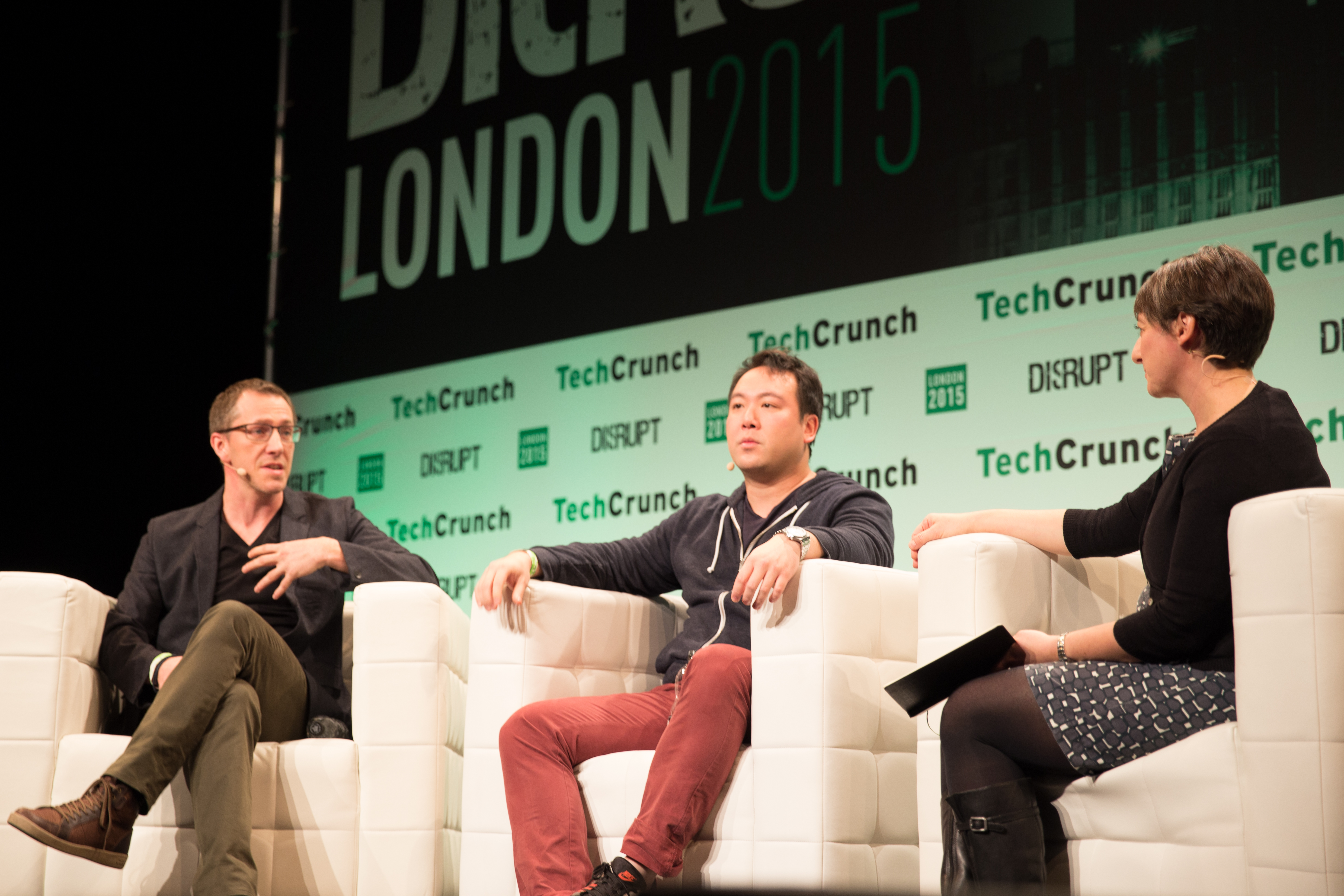On-demand Food Delivery Gets Competitive: Deliveroo financing hits $200 million
On-demand food delivery service Deliveroo has raised a fourth round of financing making it one of Europe’s best-funded technology start-ups
London-based on-demand food delivery service Deliveroo has raised a fourth round of financing bringing its total funding to $200 million and making it one of Europe’s best-funded technology start-ups. This $100 million Series D round was led by Digital Sky Technologies (DST), a venture capital firm run by Yuri Milner which also made early bets on Facebook, Airbnb, Xiaomi, and Alibaba. DST was joined in this funding round by Silicon Valley investment firm Greenoaks Capital and existing backers Accel Partners, Hummingbird Ventures, and Index Ventures. Three-year-old Deliveroo will use the financing to drive expansion in new markets across Asia, the Middle East, and Australia, with launches planned in five new cities: Dubai, Hong Kong, Singapore, Sydney, and Melbourne.
Bringing Deliveroo’s funding to numbers that are not usually seen in European tech, this Series D round follows two previous rounds in the same year, the first in January, which saw the company raise $25 million, and the second in July, when it raised $70 million. Investors have valued the company at $600 million.
Attracting high-end restaurants and affluent customers
Founded in 2012 by William Shu, a former investment banker, and Greg Orlowski, a software developer, Deliveroo’s niche lies in its partnerships with higher-end restaurants. As both a logistics platform, with its own network of delivery drivers and cyclists, and a software company with a consumer-facing app, Deliveroo appeals to premium local restaurants that don’t typically offer takeaway services themselves. Partnered UK restaurants include Gaucho, Soho House Group, Gourmet Burger Kitchen, and the Michelin-starred Trishna. In Paris, partners include local favourites Big Fernand and The Sunken Chip. Partner restaurants report that using Deliveroo increases their revenues by up to 30%.

William Shu, Deliveroo founder, in middle
Deliveroo concentrates on affluent cities with a high urban density. Its presence in the UK is particularly expansive, where it operates in cities including London, Oxford, Cambridge, Edinburgh, and Manchester. Deliveroo has also launched in, for example, Dublin, Berlin, Paris, Amsterdam, Brussels, Madrid, and Milan.
The company takes a commission from the restaurant for every sale, and also charges a fee (£2.50 in the UK) from each customer. So far it employs 300 people, and around half of those are located in the UK. While Deliveroo does not declare its financial results, the company reports that the number of daily orders increased by 500% in 2015 – although perhaps that’s unsurprising considering its rapid geographical expansion.
Along with expanding into new markets, Deliveroo also plans to direct the recent funding into advertising; online marketing channels, traditional billboard advertising, and TV ad campaigns. The company is looking to grow its client base and solidify its position against strong competition in an increasingly busy market.
On-demand food market booming
Indeed, while 2012 and 2013 saw $25 million and $46 million invested in food ordering companies respectively, 2014 saw a significant jump to $600 million. In the UK, online orders now account for 40% of all food delivery, a figure significantly up from 8% in 2008. Investors are betting heavily on the market.
German-based Delivery Hero has raised $1.4 billion since launch in 2011. Last year, Belgian online food delivery service Take Eat Easy raised around $6 million in a Series A funding led by Rocket Internet; American grocery delivery service Instacart closed a $220 million funding round; and DoorDash – a start-up founded in 2013 by four Stanford students – is rumoured to be raising funds at a $1 billion valuation. The year before, UK-based Hungry House raised $85 million.
Grubhub’s $192 million IPO and Just Eat’s $2.44 billion IPO, both in 2015, have only added to investor interest which in the third quarter of 2015 alone, saw 74 funding rounds in food delivery technology raise $1.25 billion.
For the moment, competitive does not mean saturated. Food delivery remains one of the most significant markets to be operating predominantly offline: takeaway and food delivery is a $70 billion industry, but $61 billion of that is offline. There is certainly space for innovation. But while investors splash their money around, it’s worth remembering that in a crowded market not everyone is going to win.
















There are no comments
Add yours